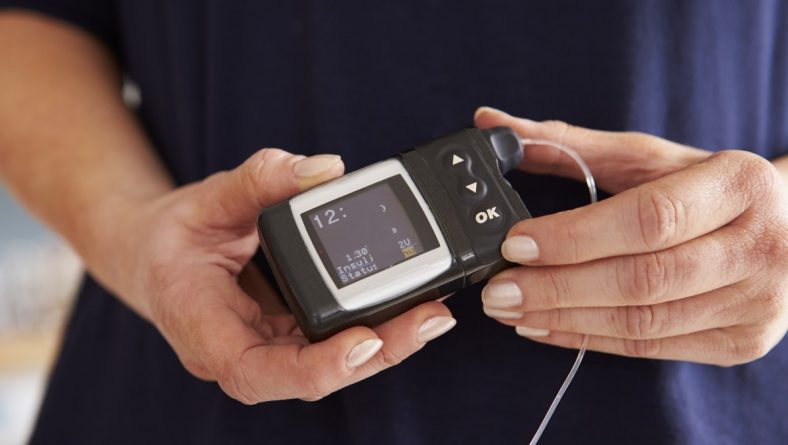America’s Leading Cause of Vision Loss | Phoenix Diabetic Retinopathy Treatment
What is Diabetic Retinopathy?
Diabetes is a major medical problem in Phoenix and it is becoming more prevalent in developing countries. This is mostly due to increased fat and sugar intake, lack of exercise, and an overall inactive lifestyle. Diabetes can cause a myriad of health complications, one of the most common being Diabetic Retinopathy. But what exactly is Diabetic Retinopathy? We all know that Diabetes can harm our eyes however, we tend to overlook the severity of it. Diabetic Retinopathy is the most common of a long list of optical complications that accompany diabetes. It can attack fast, cause total vision loss, and it affects nearly 700,000 Americans today. Contact our Phoenix Diabetic Retinopathy treatment center today to learn how you can practice good vision health.
Do You Have Diabetic Retinopathy?
Perhaps one of the most dangerous aspects of Diabetic Retinopathy is how subtle it is. In the early stages of development you might not notice any symptoms at all. In fact, it usually goes unnoticed until it starts affecting your vision. As the condition progresses you may experience:
- Dark spots or floaters
- Blurry vision
- Lack of color
- Vision loss
- Eye pain
If you suddenly experience any of these symptoms you should contact your Phoenix eye doctor, even if you don’t have diabetes.
Phoenix Diabetic Retinopathy Treatment
The best way to treat any condition is to outright prevent it. Usually, this entails maintaining a healthy lifestyle and attending your routine checkups. In the case of Diabetic Retinopathy you should focus on your blood sugar levels. If your condition has progressed past its first stage then you may need laser surgery however, each stage can be treated differently. Contact our Phoenix Diabetic Retinopathy treatment center today at 602-547-3255 to learn more about your optical health. We specialize in vision therapy, provide exams and testing, and can answer all of your questions about ocular conditions and optical health.










 powerhousegroup.net
powerhousegroup.net